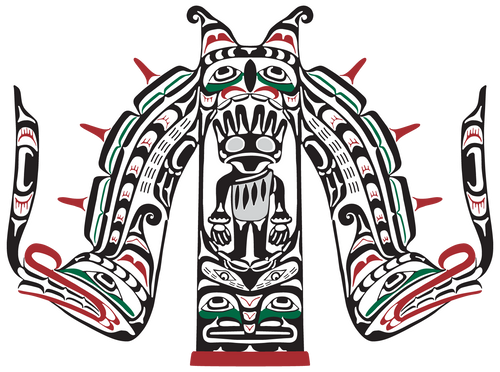Upholding Indigenous Economic Relationships: Nehiyawak Narratives
Indigenous Author: Shalene Wuttunee Jobin
Illustrations by: Sarah Kaplan
Non-Fiction, Indigenous Studies, 2023
Paperback
Upholding Indigenous Economic Relationships explains settler colonialism through the lens of economic exploitation, using Indigenous methodologies and critical approaches. What is the relationship between economic progress in the land now called Canada and the exploitation of Indigenous peoples? And what gifts embedded within Indigenous world views speak to miyo‐pimâtisiwin ᒥᔪ ᐱᒫᑎᓯᐃᐧᐣ (the good life), and specifically to good economic relations?
Shalene Wuttunee Jobin draws on the knowledge systems of the nehiyawak ᓀᐦᐃᔭᐊᐧᐠ (Cree people) – whose distinctive principles and practices shape their economic behaviour – to make two central arguments. The first is that economic exploitation was the initial and most enduring relationship between newcomers and Indigenous peoples. The second is that Indigenous economic relationships are constitutive: connections to the land, water, and other human and nonhuman beings form who we are as individuals and as peoples. This groundbreaking study employs Cree narratives that draw from the past and move into the present to reveal previously overlooked Indigenous economic theories and relationships, and provides contemporary examples of nehiyawak renewing these relationships in resurgent ways. In the process, Upholding Indigenous Economic Relationships offers tools that enable us to reimagine how we can aspire to the good life with all our relations.
Shalene Wuttunee Jobin is a Cree and Métis scholar and a citizen of Red Pheasant Cree First Nation, Treaty 6. She is an associate professor of Indigenous studies and Canada Research Chair in Indigenous Governance at the University of Alberta, the founding director of the Indigenous Governance and Partnership program, and a co-founder of the Wahkohtowin Law and Governance Lodge. She also serves on the board of the Bent Arrow Traditional Healing Society.
"Shalene Jobin’s refreshing perspective on a prairie First Nations community is a desperately needed contribution to Indigenous studies as well as history, anthropology, and Canadian studies." -



